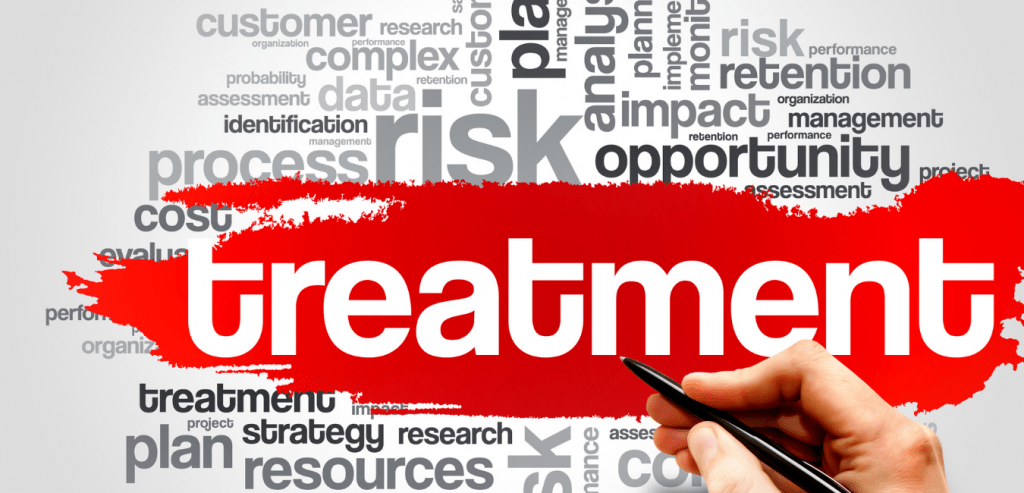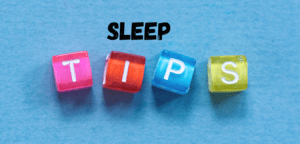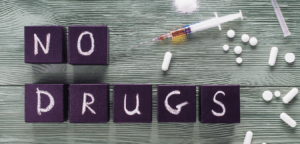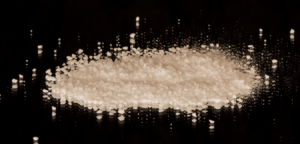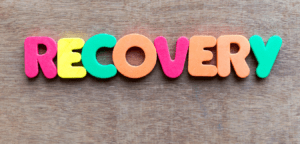Addiction vs. Compulsion
Addiction is a broad term used to describe the process by which someone becomes dependent on a particular substance or behavior. This dependence becomes so important that they will persist in using the substance or engaging in the behavior even when it is harmful to themselves, their family, and other important areas of their life.
In contrast, compulsion is a narrow term used to describe the intense urge to do something, which can sometimes lead to a behavior.1 Compulsions do play a role in the addiction process. As an addiction develops, it will involve a feeling of compulsion to take an addictive substance, such as alcohol or heroin, or to carry out an addictive behavior, such as gambling or sex.
Compulsions are also a symptom of obsessive-compulsive disorder (OCD). Someone with OCD may have a compulsion to engage in a behavior like washing their hands, tying their shoes, or checking the stove as a way of trying to alleviate anxiety. Compulsions in OCD are often directly related to obsessions, which are repeated thoughts that generate distress.
Pleasure vs. Relief
A major distinction between these two terms is in the way they are perceived. People with OCD may feel a sense of relief when taking part in a compulsive behavior, but they don’t feel pleasure; someone with an addiction, however, does experience pleasure through their behavior.
For someone with OCD, compulsions develop as a way to mitigate the anxiety or fear that their obsessions are causing. Someone with an obsession about contamination, for example, may develop compulsions that involve excessive washing and cleaning. Compulsions often cause emotional distress when they’re carried out, even if they do offer some temporary relief.
In the case of addiction, the desire to use the substance or engage in the behavior involves an expectation that it will be pleasurable. This expectation of pleasure is so strong that someone with an addiction will continue their behavior even in spite of the negative consequences it can cause, like:
- Financial problems
- Health issues and physical discomfort
- Social disapproval
- Legal consequences
- Decreased self-esteem
For people with addictions, there often comes a point where they don’t really enjoy the addictive behavior, and they are just seeking relief from the urge to engage in it. This is compounded by the experience of withdrawal that often happens when they stop taking the substance or engaging in the behavior. Although this can resemble the way someone with OCD engages in compulsions because the pleasure is gone, the original motivation to engage in the behavior was to feel good.
Denial vs. Reality
Another major distinction between an addiction and a compulsion has to do with awareness and acceptance of reality.
Someone with OCD may be aware that their obsessions are not realistic, or that their compulsions are excessive or illogical. They may even feel disturbed by their thoughts and their need to carry out compulsive behavior, yet they do it anyway to relieve their distress.
In contrast, people with addictions are often detached from the logic behind their actions, and they may not recognize the negative consequences their addiction is causing. This is known as denial, and it’s a core component of the addictive process. It can be difficult for someone with an addiction to realize that their substance use or behavior is causing problems in their life, and recognizing this fact is a very important step toward recovery.
Treatment
Addiction and OCD can both cause major disruptions in your life. However, both conditions are treatable, and it’s important to seek professional help.
Treatment for OCD may involve a combination of medication and therapy. Medications can include antidepressants like selective serotonin reuptake inhibitors (SSRIs) and tricyclic antidepressants (TCAs), and your doctor may augment these with an antipsychotic.
Therapy for OCD is generally a form of cognitive behavioral therapy (CBT), which involves learning to recognize and change your thought patterns. Exposure therapy is often helpful for people with OCD, as it helps you learn how to tolerate anxiety-inducing objects or thoughts without performing a compulsion.
Treatment for addiction can vary based on whether you’re seeking help for an addictive behavior or for substance abuse. If your addiction involves a substance, your doctor may prescribe medication to help you detox safely and deal with symptoms of withdrawal. Medications may be involved in the treatment of behavioral addictions as well.
Therapy is also an important component of addiction treatment. This may include individual or group counseling, as well as a stay in a residential treatment facility.
Credited to: Very well mind

